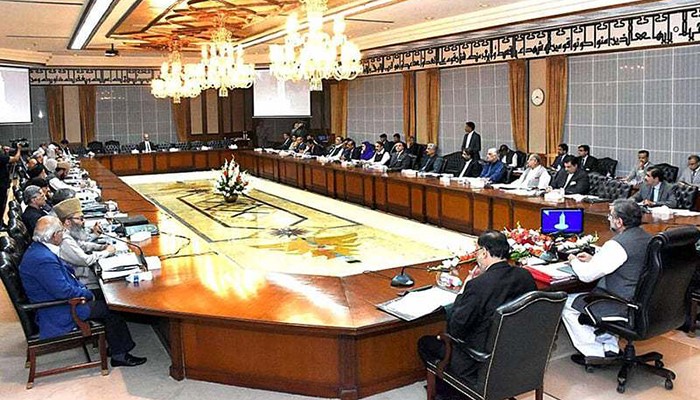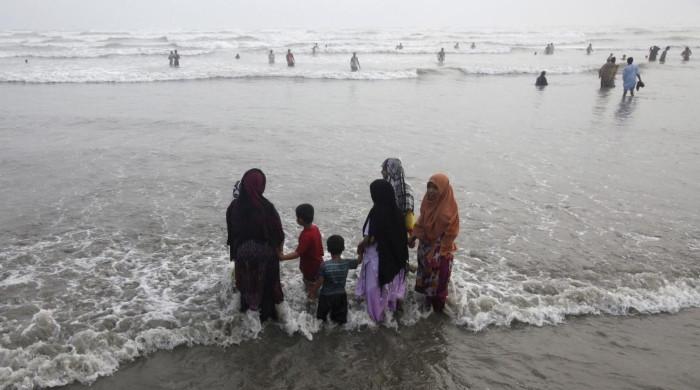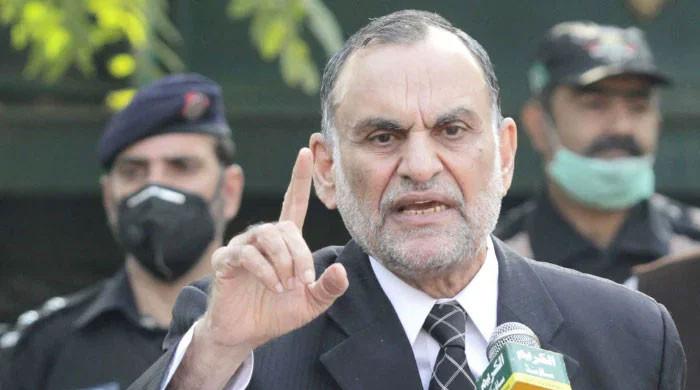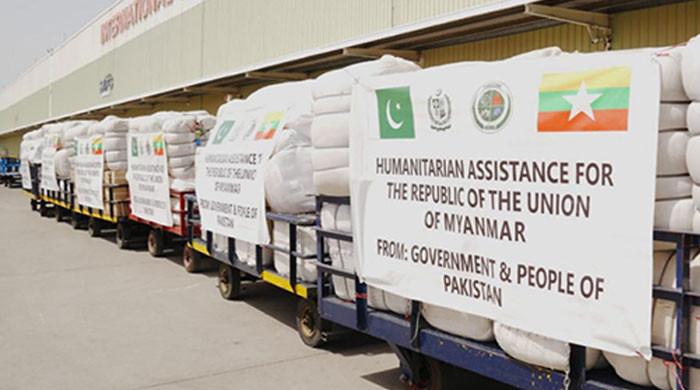President signs bill extending Supreme Court, PHC jurisdiction to FATA
The extension of the superior courts' jurisdiction was one of several demands of the people of tribal areas
April 17, 2018
ISLAMABAD: President Mamnoon Hussain on Tuesday approved the bill extending the jurisdiction of the Supreme Court and Peshawar High Court to the Federal Administered Tribal Areas (FATA), a spokesman for the presidency confirmed to Geo News.
The president signed the 'Supreme Court and High Court (Extension of Jurisdiction to Fata) Bill 2017' on the recommendation of the prime minister.
The extension of the superior courts' jurisdiction was one of several demands of the people of FATA, who seek to be treated at par with the rest of the country.
Last week, the Senate adopted the bill months after its passage from the National Assembly of Pakistan.
The bill, part of the supplementary agenda of the Upper House of Parliament's session on April 13, was opposed by the government's allies — Pashtunkhwa Milli Awami Party and Jamiat Ulema-e-Islam-Fazl — who walked out of the session in protest.
Later, the Pakistan Peoples Party, Pakistan Tehreek-e-Insaf and Pakistan Muslim League-Nawaz managed to pass the bill. The bill was approved by the National Assembly with a majority on January 12.
The lawmakers from FATA have also been demanding merger of the tribal areas with Khyber Pakhtunkhwa province.
In a meeting on December 26, 2017, the federal cabinet approved the formation of a high-level national implementation committee for FATA reforms.
"The meeting granted ex-post facto approval to the formation of National Implementation Committee on FATA Reforms. Minister for Defence and Commander 11 Corps have been included in the high-level implementation committee," read a statement issued after the meeting.
The KP Assembly had adopted a resolution on December 14, 2016, in favour of merging FATA with KP with the aim of rehabilitating and reconstructing the infrastructure including roads, communications, power lines, water supply, education and health facilities.
The recommendations to bring the tribal areas at par with the rest of the country were approved by the federal cabinet on March 2, 2017, but the matter has been delayed since then.













